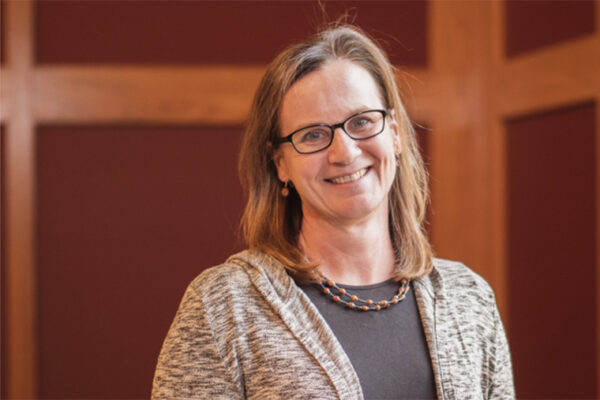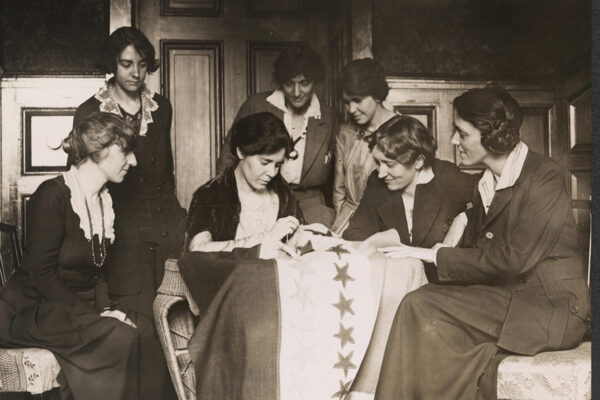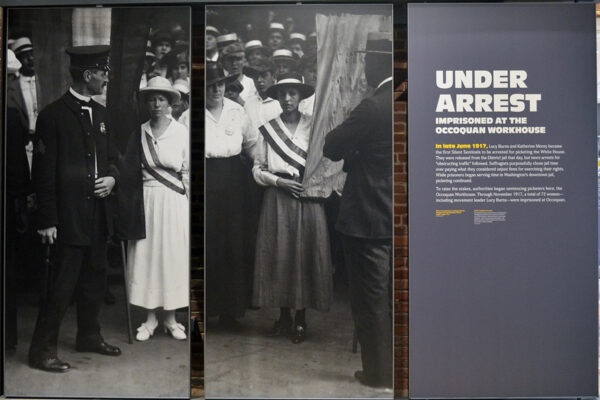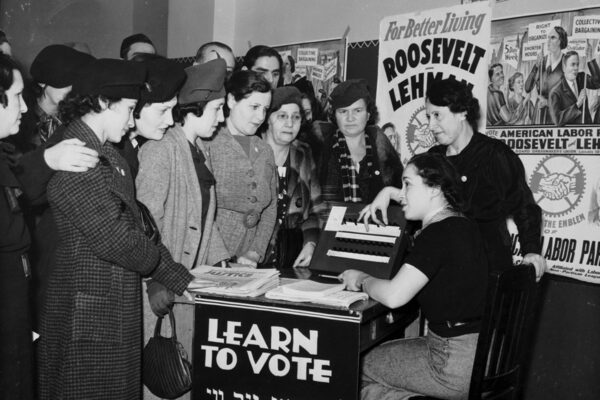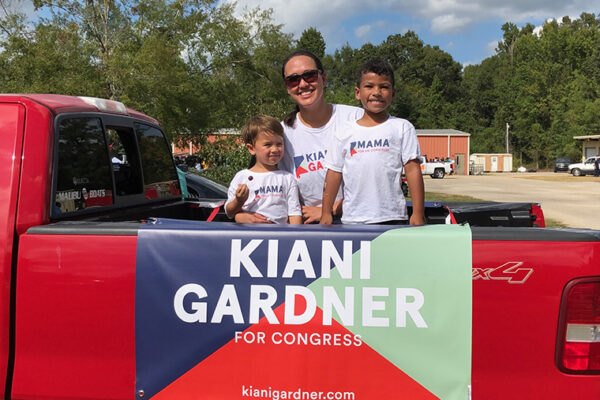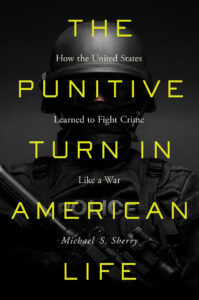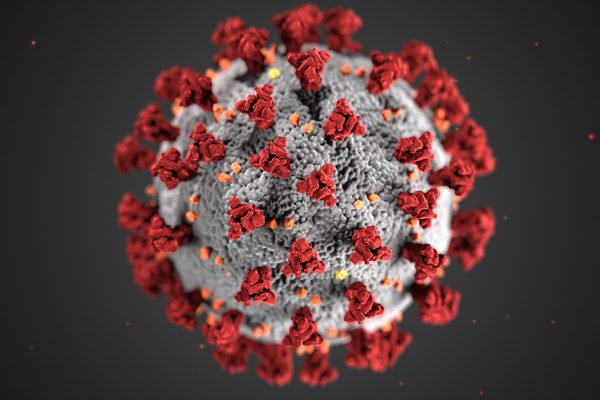More Than Just Hummus
A Gay Jew Discovers Israel in Arabic
What’s beyond the hummus stand? Journey from the comfort of your home to the most misunderstood place in the world: Israel. Unlike most travelogues, however, your guide is a gay Jew who uses his Arabic to shed light on life in the less-seen parts of this magnificent country. Join him as he shares his gay […]
Why are the humanities integral to the Climate Change Program at Washington University in St. Louis?
Writing in my bedroom office under a stay-at-home order, the coronavirus is reminding me and the world of our interconnectedness and our humanity. We as individuals and as communities—local, national and global—are asking ourselves: How are we adjusting to a new normal? How are we understanding each other and our needs, both individually and collectively?
100 years after ratification
Four faculty members share their thoughts on the complicated history of the women’s suffrage movement, the ratification of the 19th Amendment, and their hopes for what we might do today to honor the anniversary.
Of prison cells and suffrage
Alumna Laura Adams McKie helped build a museum that teaches visitors about the suffrage movement and the prison where women were sent for picketing for the right to vote.
What came next
Women earned the right to vote, but what kind of impact did they have? Political scientists and Arts & Sciences alumni Christina Wolbrecht and J. Kevin Corder analyze 100 years of election history
Following the data
With a desire to help improve her new community, cell biologist Kiani Gardner puts public service to the test.
The Punitive Turn in American Life
How the United States Learned to Fight Crime Like a War
Ever wonder why America’s police are so militarized? Alum Michael Sherry explores how this nation declared war on crime and tore itself apart doing so.
Social work’s role in the health, well-being of LGBTQ people in China
As China’s government seeks solutions to social problems related to an evolving society, professional social work is increasingly entering new areas, including migrant and aging services, and is poised to take on a larger role in assisting lesbian, gay, bisexual, transgender and queer people, say two experts from the Brown School at Washington University in St. Louis.
Free speech? Nearly half of Americans self-censor, study finds
In an age when social media ensures everyone can have a voice, more Americans than ever — some 40% — are choosing to keep their mouths shut rather than express their opinions.
Pandemic lessons from 2-1-1
There have been more than 3.5 million requests for assistance to 2-1-1 help lines around the United States since the coronavirus pandemic hit this spring. The impact was immediate and dramatic, said a Brown School researcher who tracks calls to 2-1-1 help lines across the U.S.
Older Stories

